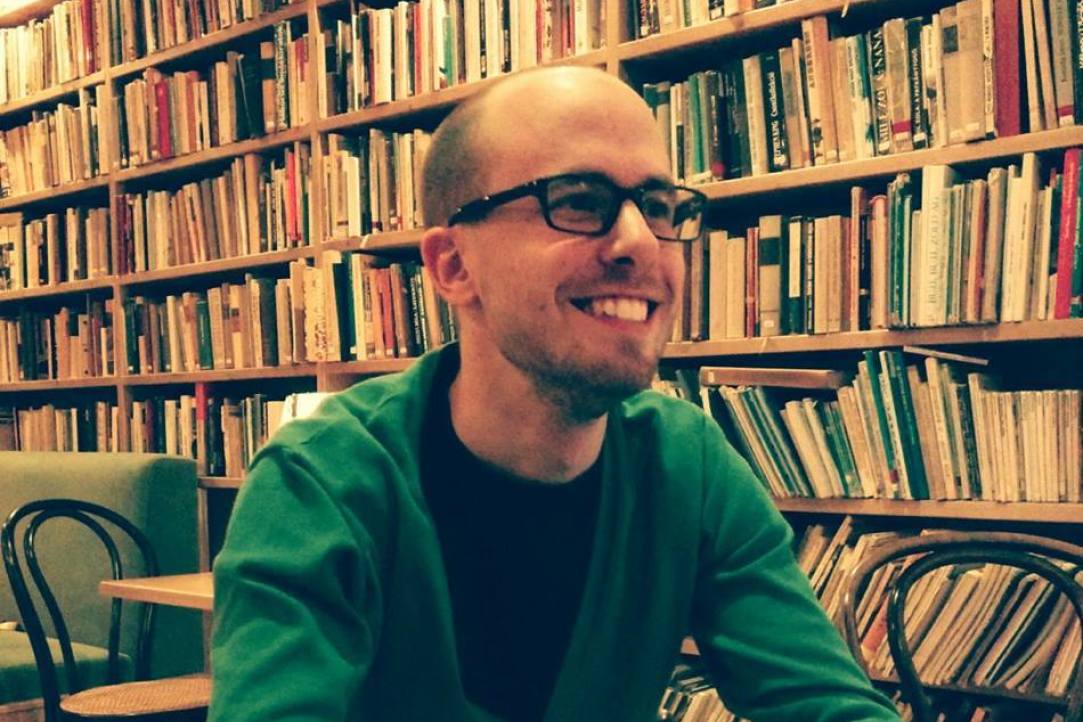HSE Faculty MembersŌĆÖ Life Rules: Andr├Īs G├Īl
We continue interviews with our faculty members and our guest is Andr├Īs G├Īl. Within the CEU Global Teaching Fellowship Program,┬Āhas been giving lectures as a visiting professor at the HSE Political Science Department from September 2018. We've┬Āhad a chance to know him more closely and talk not only about his academic interests but also about dreams, hobbies and personal story of his path to the political science field.

- What is your favorite movie?
- Could you tell us more about your research practices?
Furthermore, in these power-sharing regimes certain rights are not assigned to individuals as it is usual in standard adversarial democracies, but rather to constitutionally acknowledged groups. So, another question is focusing on the tension between the individual-centered modern human rights thought, and the prominence of group-specific rights in power-sharing settlements.
- What books and which authors guided you and influenced your research interests?
- What are the main differences between HSE and CEU?
- This year our campus celebrates its 20th anniversary and the slogan of this anniversary is ŌĆ£DreamŌĆØ. What is your dream?
P.S.┬ĀBy the way, do not miss the presentation of CEU programs in Political Science, which is to be held on┬ĀJanuary 18.┬Ā
Interviewer: Akmal Tadzhibaev, HSE student and member of the Free Editors project

